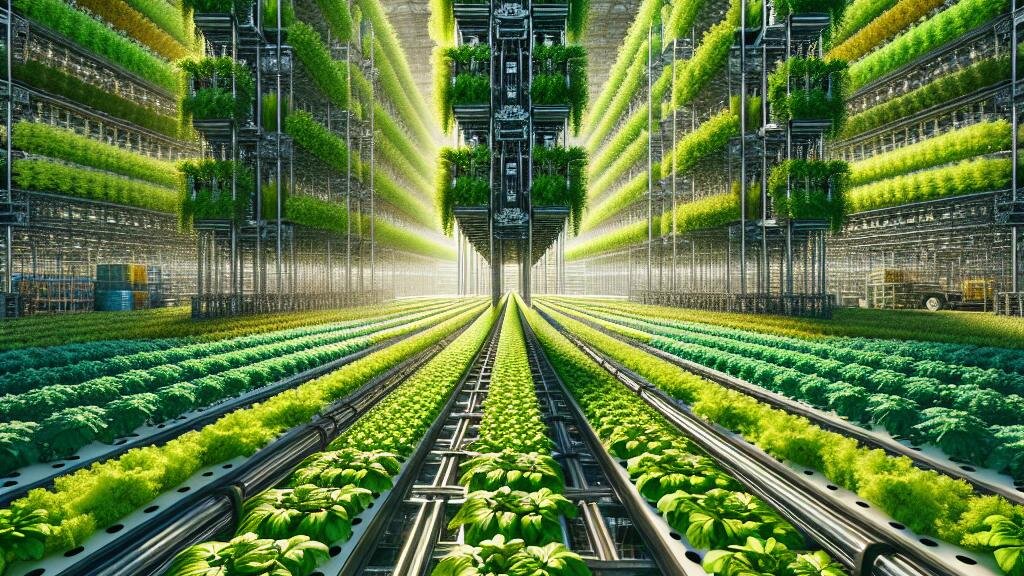Introduction
The global vertical farming system market is rapidly evolving, driven by the increasing demand for sustainable agricultural practices. As traditional farming faces challenges like limited arable land and climate change, vertical farming systems offer a viable solution. This blog explores the current market trends, growth drivers, and the future potential of vertical farming systems.
Market Overview
Vertical farming systems involve cultivating crops in vertically stacked layers, often incorporating controlled-environment agriculture (CEA) technology. The global market for these systems is projected to grow significantly, with a strong focus on sustainability and innovation. Factors such as urbanization, rising population, and the need for year-round crop production are fueling this growth.
Drivers of Market Growth
One of the primary drivers is the increasing demand for fresh, locally produced food. Vertical farming systems reduce the need for long supply chains, ensuring fresher produce and reducing carbon footprints. Additionally, the advancement in hydroponics, aeroponics, and aquaponics technologies has made vertical farming more efficient and cost-effective.
Restraints and Challenges
Despite the promising growth, the market faces challenges such as high initial setup costs and energy consumption. The need for continuous technological innovation and the integration of renewable energy sources are critical to overcoming these challenges.
Future Outlook
The future of vertical farming systems looks promising, with a strong emphasis on research and development. The integration of AI and IoT technologies will further enhance the efficiency and scalability of these systems, making them more accessible to a broader range of consumers and businesses.
Conclusion
The global vertical farming system market is poised for significant growth, driven by the need for sustainable agriculture and technological advancements. As the industry continues to evolve, it will play a crucial role in addressing global food security challenges.



